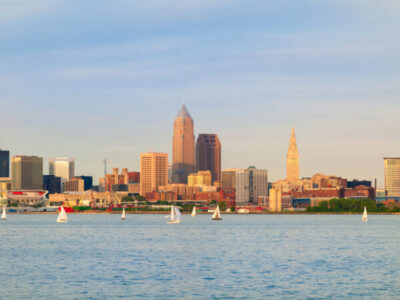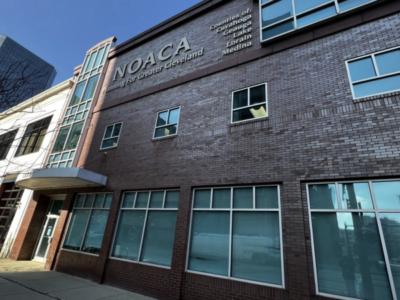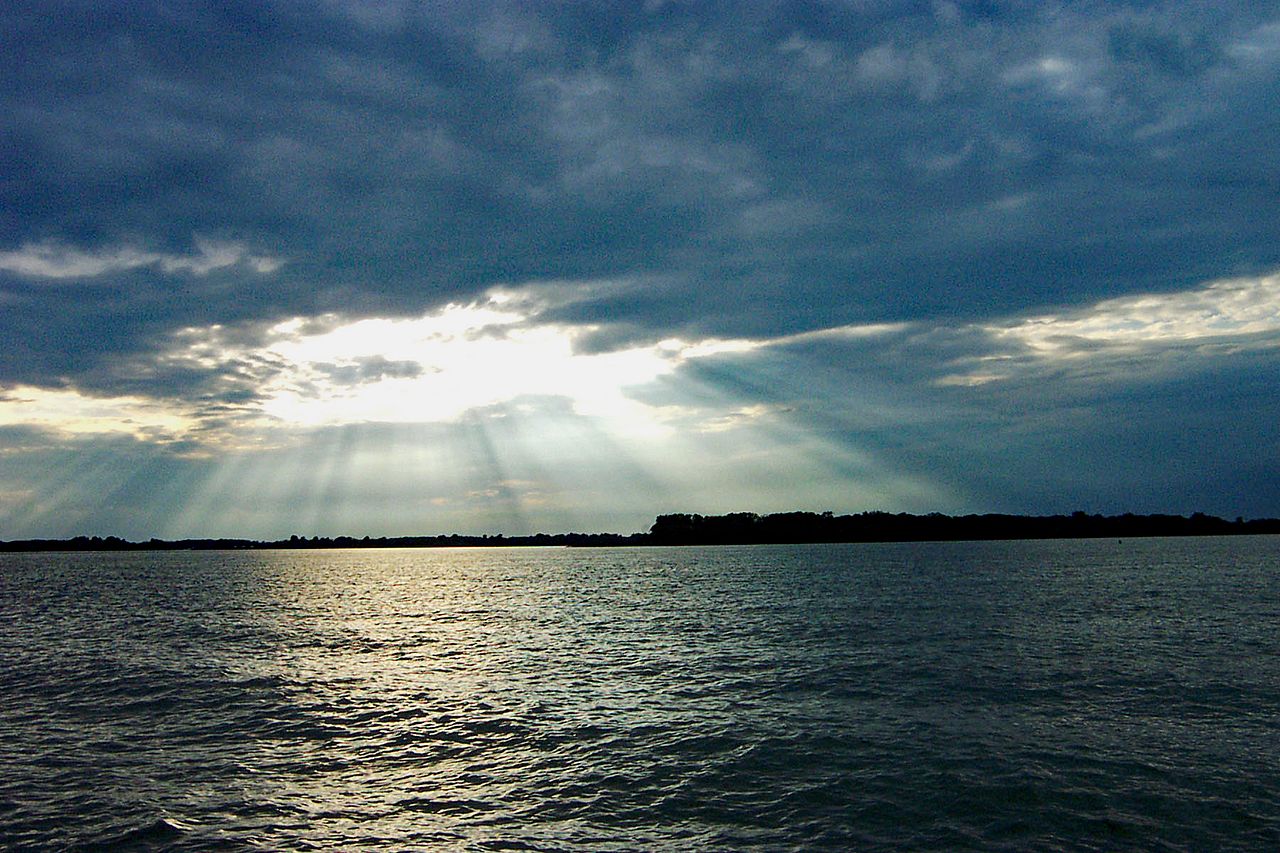
Illinois professor brings peacekeeping perspective
Professor Rachel Havrelock didn’t take a traditional path to Great Lakes issues.
Havrelock is not an environmental scientist and doesn’t have a law degree that leads to policy work – both of which can be typical paths to leadership for Great Lakes executives.
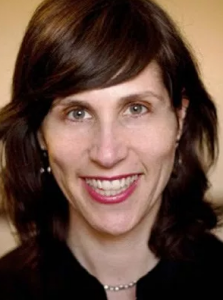
Dr. Rachel Havrelock, Associate Professor at the University of Illinois at Chicago, courtesy of freshwaterlab.org
She’s an English Professor at the University of Illinois’ Chicago (UIC) campus and came to water while writing a book about water as an approach to peacemaking in the Middle East.
That Middle East water experience led her to act locally.
Havrelock helped found the Freshwater Lab at UIC which approaches water issues and the Great Lakes from a humanities and social science perspective.
“We’re in this moment, regrettably, where there’s a lot of debate about the validity of science,” Havrelock told Great Lakes Now in an interview in the Institute for Humanities on the Chicago campus.
“While we’re embroiled in that debate we can’t forget we’ve got to communicate to the public about pressing water issues and how they can get involved in actionable ways from the personal to the political,” she said.
The Lab recently launched a Freshwater Stories initiative aimed at communicating the pressing issues about Lake Michigan to the public.
“Interested citizens from all walks of life can participate,” Havrelock says. “The idea is that the stories can seed a much larger conversation among a wide range of people.”
Havrelock says the stories initiative will fill a void left by other Great Lakes groups.
“We’ve heard that people want a way to tell their stories and it’s something that other groups haven’t done yet and it makes sense because we’re the first humanities-based Great Lakes and freshwater organization.”
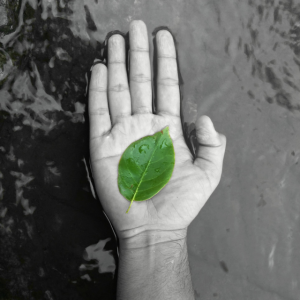
Save Nature, Stop Global Warming, courtesy of Kenzshah1993
Each story highlights an issue such as infrastructure and environmental justice and is written by a professional in the field. The story format is designed to leave the reader with more than just the weight of the issue. It will provide options for the reader to get involved.
Havrelock says the Lab and the stories initiative serves another purpose and that’s to engage unaffiliated groups.
She defines them as “millennials not yet engaged with water, communities of color, low-income groups, and those who simply haven’t yet considered the source-path-people of their water.”
The absence of low-income and communities of color in the mainstream environmental movement was a reoccurring theme at Havrelock’s Great Lakes conference earlier this year.
Conference presenter and water attorney Noah Hall told Great Lakes Now at the conference that mainstream environmental groups have limited their chances of success unless they can start to focus on issues important to these groups.
Havrelock hopes to expand Freshwater Stories beyond Lake Michigan dependent on funding.
——————
Professor Rachel Havrelock tells Great Lakes Now’s Gary Wilson how the Humanities can connect people to the Great Lakes.


